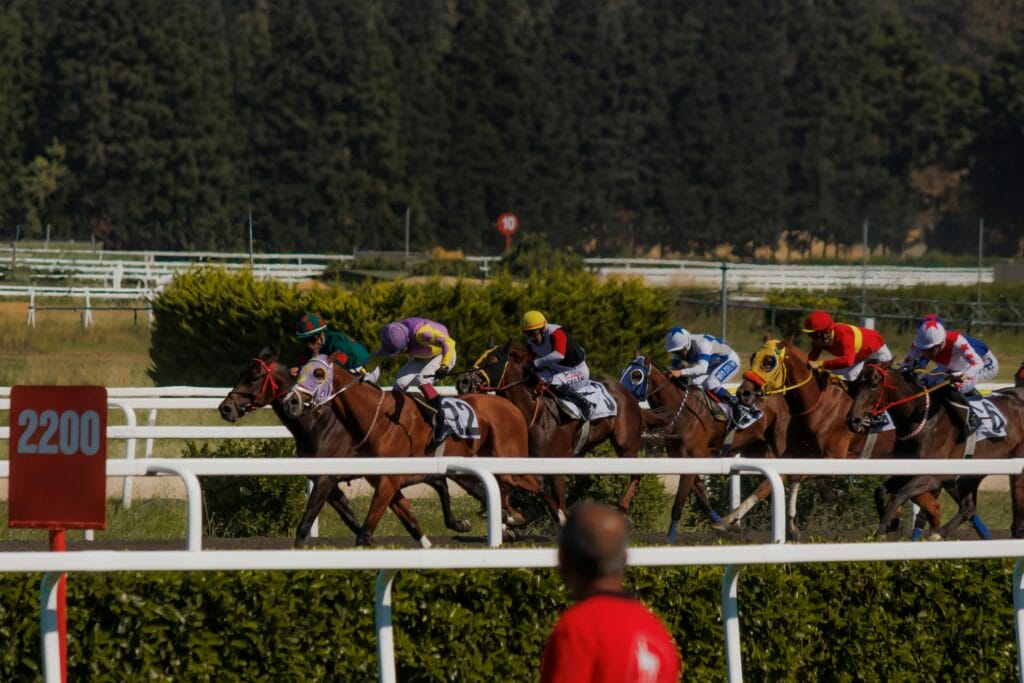Sports betting has exploded in popularity, with millions of people placing wagers on their favorite teams, players, and events. The convenience of online platforms has made it easier than ever to bet anytime, anywhere. While some people gamble responsibly, others find themselves trapped in a cycle of compulsive betting that leads to severe financial, emotional, and social consequences.
Recognizing the signs of sports betting addiction is crucial to prevent long-term damage. Unlike casual gambling, addiction takes hold when betting starts interfering with daily life, relationships, and financial well-being. By understanding the warning signs early, individuals can take steps to regain control before the problem worsens.
Understanding Sports Betting Addiction
Sports betting addiction, also known as gambling disorder, is a compulsive need to place bets despite experiencing negative consequences. It is not simply about enjoying the thrill of a wager—it's an uncontrollable urge that takes priority over responsibilities, relationships, and financial stability. Addicted individuals often continue betting even when they know it is harming their lives, making it similar to substance addiction.
This type of addiction can affect anyone, regardless of age, gender, or background. It is fueled by the brain’s reward system, which releases dopamine whenever a bet is placed or won. Over time, the brain craves this dopamine rush, leading to compulsive gambling behavior that becomes harder to control.
How Sports Betting Differs From Casual Gambling
Casual gamblers place bets occasionally for entertainment, setting limits on how much they spend. They enjoy the experience without feeling an intense need to win or chase losses. In contrast, those with a betting addiction feel a constant urge to gamble, often increasing their stakes and betting more frequently, even when it leads to severe financial or emotional distress.
One of the biggest differences is self-control. A casual gambler can walk away after a loss, while an addicted gambler will keep chasing their losses, convinced that the next bet will turn things around. This obsession is a key indicator that gambling has shifted from a fun pastime to a serious problem.
6 Signs of Sports Betting Addiction

Recognizing the early warning signs of sports betting addiction can help prevent the problem from escalating. Some of the most common indicators include:
- Increasing frequency of bets – Someone who starts betting more frequently, even on minor or unfamiliar sports, may be developing an addiction.
- Obsession with betting-related activities – A person might spend excessive time researching odds, following gambling forums, or watching sports only for betting purposes.
- Lying about gambling habits – If someone hides their gambling from friends and family or downplays their losses, it’s a red flag that they are struggling with self-control.
At first, these behaviors may seem harmless, but they can quickly spiral into more serious consequences. When betting becomes a priority over personal relationships, work, and responsibilities, it's time to take a closer look at whether addiction is taking hold. Below, we'll get into six signs to look out for if you think you or a loved one has a sports betting addiction.
1. Financial Red Flags
One of the most alarming signs of sports betting addiction is financial instability. Gambling addiction often leads to reckless financial decisions, such as:
- Betting beyond financial limits – Placing wagers with money that was meant for bills, rent, or daily expenses is a major warning sign.
- Accumulating debts due to losses – Some individuals max out credit cards, take out loans, or borrow from friends and family just to continue betting.
- Using savings or emergency funds for gambling – When someone starts using their long-term savings to chase gambling losses, it’s a clear indication that the habit is out of control.
Many addicted gamblers convince themselves that one big win will fix everything, but in reality, chasing losses often leads to even greater financial ruin. If gambling is causing money problems, it's crucial to address the issue before it leads to bankruptcy or serious debt.
2. Emotional and Behavioral Changes
Sports betting addiction doesn’t just affect a person’s wallet—it also takes a serious toll on their emotional well-being. People struggling with gambling problems often experience:
- Increased anxiety and stress – Constantly worrying about bets, losses, and finding money to gamble can lead to severe anxiety.
- Mood swings and irritability – When a person becomes overly emotional, aggressive, or easily frustrated, especially after a loss, it may be a sign of addiction.
- Depression due to gambling losses – Many addicted gamblers suffer from guilt, shame, and depression, particularly after losing significant amounts of money.
These emotional changes often lead to further gambling, as individuals attempt to escape their negative feelings by placing more bets. Unfortunately, this only deepens the addiction, creating a vicious cycle that is difficult to break without help.
3. Social and Relationship Impact
Gambling addiction can strain even the strongest relationships. Some of the most common social consequences include:
- Withdrawal from family and friends – Addicted gamblers may isolate themselves, avoiding social interactions to spend more time betting.
- Conflict with loved ones – Arguments over gambling habits, money problems, or secretive behavior can create significant tension within families.
- Neglecting responsibilities – Work performance often declines as gambling takes priority over job duties, leading to job loss in extreme cases.
Over time, the damage to relationships can be irreversible. Many individuals only seek help after their addiction has caused serious harm to their personal and professional lives, which is why early intervention is crucial.
4. The Cycle of Chasing Losses
One of the most dangerous aspects of sports betting addiction is the tendency to chase losses. This means continuing to gamble in an attempt to recover previous losses, leading to:
- An endless cycle of debt and loss – Instead of winning back lost money, most gamblers dig themselves into a deeper hole.
- Escalating bet sizes – Many addicted gamblers start placing riskier, higher-stakes bets in hopes of a big win.
- Irrational decision-making – Desperation to recover losses often leads to impulsive, illogical bets on random or unfamiliar sports.
The cycle of chasing losses is what keeps many gamblers trapped in addiction. Recognizing and breaking free from this pattern is key to recovery

